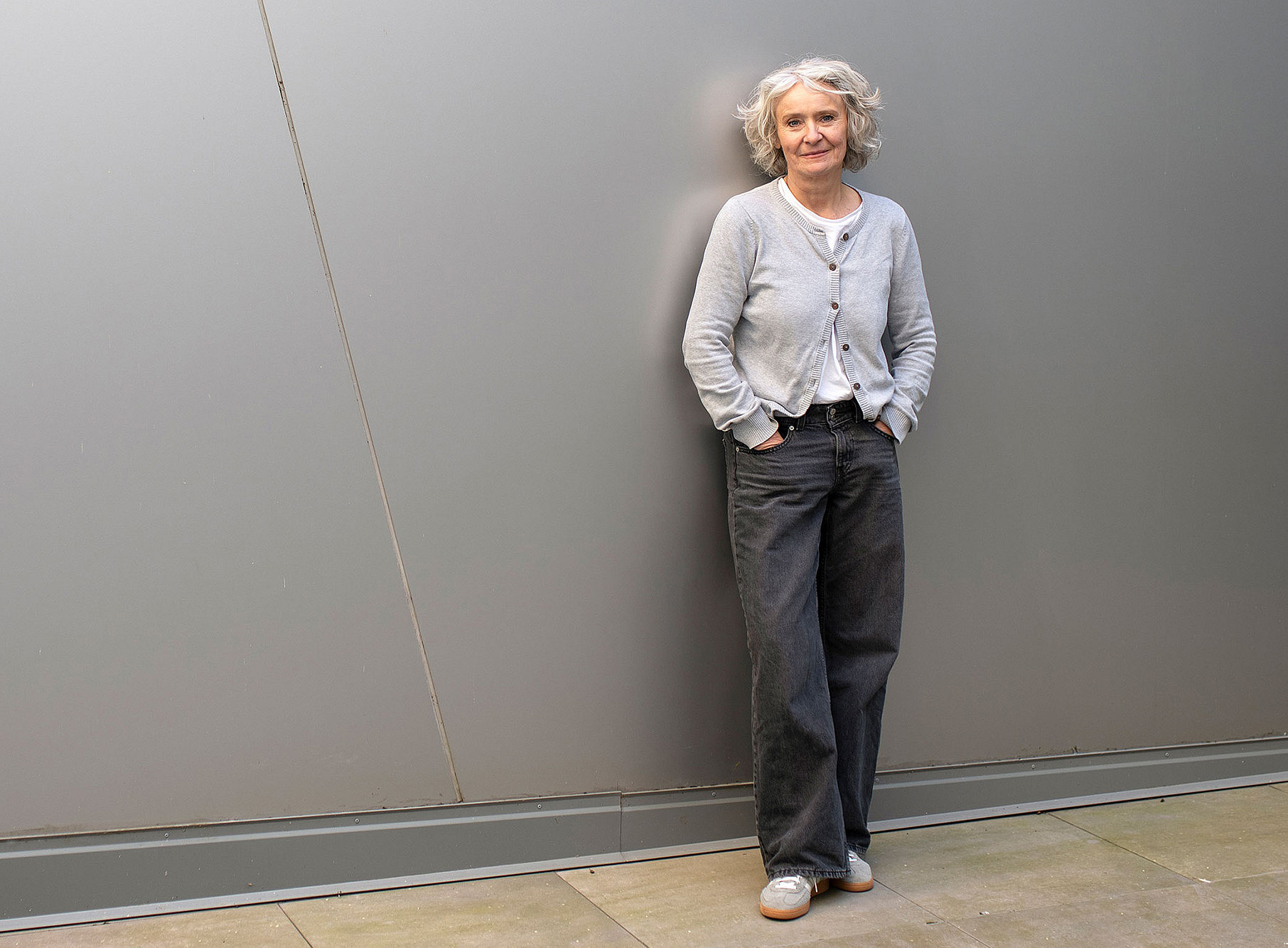"If you don't allow yourself time to recover, you will eventually become ill or at least less and less resilient and productive," says health psychologist Claudia Traunmüller. Whether in sports or at work, the body mobilises its strength through regeneration. This also includes mental resources.
But how can you recover when you're busy with work and family and constantly available digitally? "First of all, you have to recognise that you need to regenerate," says Traunmüller. "Many people don't even realise that their body is constantly running at full speed and that they are slowly but surely losing strength as a result," she says, speaking from the many conversations she has had in the course of her research. It is then important to find out: what do I actually need to recover from? "It's not always excessive demands at work. An unhealthy relationship or caring for relatives can also cause stress. Regeneration is always a counterbalance to what drains my energy," says the psychologist from the University of Graz. For example, someone who sits in front of a computer screen all day could go for a run in the evening. Someone who is constantly travelling for work might find that a holiday on their own balcony is the best way to recover. If everyday life is monotonous, a cultural trip might bring new energy.
You can train your ability to recover
Even if time is short, breaks in between are essential for recovery and pay off in terms of performance. One tip from the expert: “Abdominal breathing brings relaxation in just a few minutes. This involves breathing in slowly through the nose and out through the mouth, using the diaphragm.”
Regular exercise is particularly important. "Strengthening the cardiovascular system makes the body and mind more resilient. It can significantly improve both the ability to adapt to different demands and the ability to regenerate," says Traunmüller, referring to research findings. "Physical fitness also increases the quality of sleep because the part of the autonomic nervous system that is responsible for regeneration is more functional," reports the scientist. In general, getting enough sleep is one of the most important factors for recovery. A healthy diet, social contacts and breaks from constant sensory overload caused by smartphones and the like are also beneficial. "Music and videos accompany young people in particular through almost every free minute of the day. This is distracting. Unfortunately, it also distracts them from their sense of self," the psychologist points out.
The full article can be read in the current issue of UNIZEIT.
